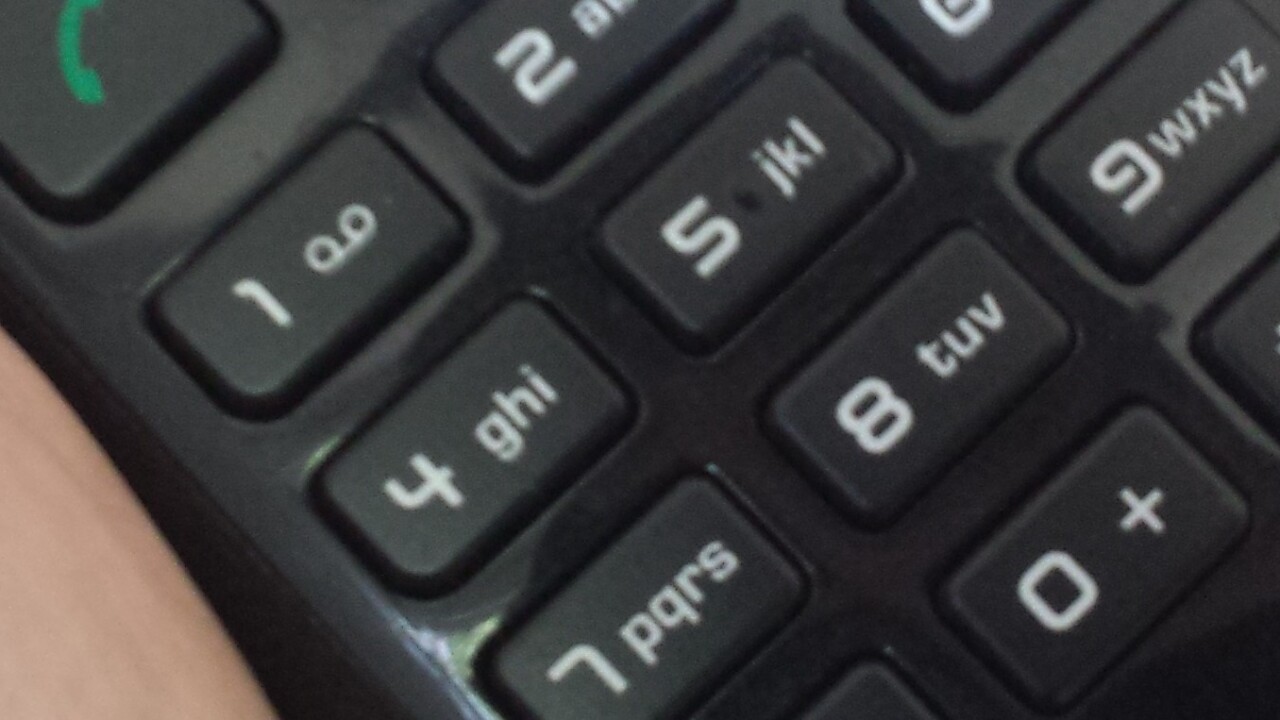
Monetizing games and apps is a problem for developers at the best of times, which is why it’s crucial to make any potential transaction as simple and smooth as possible. What we’re talking about here is frictionless.
With that in mind, Boku has announced a new partnership with social gaming company PlayJam, which will see Boku’s mobile carrier billing technology land on smart TVs and other connected devices where PlayJam has a presence. The upshot of this is that Joe Public can pay for games, upgrades and in-app purchases with nothing more than their mobile phone number.
The story so far
Headquartered in San Francisco, Boku has been blazing a trail in the mobile carrier billing space, having raised $35 million from Telefónica last year, taking its total funding to $75 million since 2009. It seems there’s high demand for frictionless payments.
Boku’s billing system essentially saves the end user from having to enter long credit numbers every time they want to buy something on the Web, with the charge appearing on their mobile phone bill instead.
Based in the UK, PlayJam provides games for Smart TVs and other online platforms, including mobile and Web. The company claims it’s responsible for more than 45% of all games played on Smart TVs in 100 territories globally, with its apps featuring on televisions from the likes of Samsung, LG and Panasonic, not to mention Google TV. Interestingly, it’s also the same company behind Android games console GameStick, which was funded via Kickstarter.
This partnership is significant not only for the companies involved, but the gaming industry on the whole. As games continue to shift away from dedicated consoles and computers, we’re seeing them become increasingly integrated in the livingroom, built directly into TVs, thus increasing their exposure. It’s a proverbial cash cow.
“We’re committed to bringing a seamless gaming and payments experience to all of our customers, regardless of market or device, and mobile payments through Boku will play a critical role in that commitment,” explains Charles Tigges, Chief Commercial Officer at PlayJam.
“In some instances, a customer in the US might use Boku to checkout on an LGE TV with one of our game publishers,” he continues. “In Germany, a Samsung TV owner might purchase a new game directly from PlayJam using Boku. Regardless of device, market or game title, the reduced friction available through carrier billing offers a great experience for the consumer, and that’s a benefit to everyone.”
PlayJam offers its SDK to game developers to make it easier for them monetize their games, with features like mobile game controller application, pre-roll advertising, in-app payments, pre-paid cards, leaderboards, tournaments, among others. However, it was all about credit cards before, and with Boku on board, mobile payments just got a lot easier.
Trends
This mirrors a similar move by fellow mobile payments company BoxPay, which introduced a similar in-app payment system for smart TVs last year. And earlier this year, LG integrated PayPal into its smart TV platform, letting users store their account details to save them having to reenter their information with each transaction.
“Mobile payments has grown steadily in the past half decade, moving from online purchase of virtual goods into numerous different vertical markets,” says James Patmore, Managing Director, EMEA, at Boku.
“Through our partnership with PlayJam, Boku is helping to further advance the mobile payments market, bringing the convenience and security of carrier billing directly to smart TVs in consumers’ homes around the world,” he continues.
While this is no doubt a good move, doesn’t this open things up to abuse from, say, a game-addicted kid? Surely if your 8-year-old knows your mobile number, can’t they just go all gung-ho on your mobile phone bill? Well, there is at least some protection in place here.
“If a young person uses their parents’ phone number to make a purchase, it will be the parents’ phone that receives a text message to confirm the charge,” says Ray Ramillosa, VP of Marketing for Boku. “That’s part of the reason Boku uses a two-factor authorization, which is both more secure than using a credit card, given it requires double confirmation, and is also simpler because you only need to enter a 10 digit phone number rather than entering a 16 digit CC number, CVV code, billing address and so on.”
You, as the mobile phone-owner, must respond with a ‘y’ by SMS to confirm a purchase before it’s authorized. So unless your kid has also borrowed your phone, it should be fool-proof.
But what if a youngster has their own mobile phone which, let’s face it, is likely the older they get.
“If a young person has their own mobile phone wants to make a purchase, they can make that purchase just like they could with a debit card or PayPal account,” continues Ramillosa. “However, Boku has a variety of different security measures in place for any and all customers, including rate limits, purchase volume caps, and other criteria that fall into a security algorithm to protect merchants, customers and carriers alike.”
With smart TVs getting smarter, and smartphones getting, erm, smarter we’re beginning to see a coming-together of technologies, as the various players – including mobile networks and OEMs, TV manufacturers and developers – look for ways to leverage each other’s offering. Indeed, you can now control your TV with your smartphone. But with Boku, you don’t even need that smart a phone – all you need is a mobile telephone number and a contract and you’re good to go.
Get the TNW newsletter
Get the most important tech news in your inbox each week.




